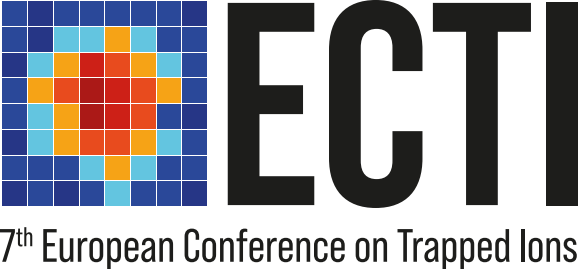Sprecher
Beschreibung
Quantum mechanics has overturned people's traditional cognition, and the superposition contradicts the fact that objects in our daily life are always in a certain state. Leggett and Garg proposed the Leggett-Garg inequality (LGI) to verify the existence of macroscopic superposition states. Classical systems are limited by LGI, while quantum systems may violate LGI. LGI provides an observable criterion for whether a system possesses quantum properties, which provides us a way to experimentally find the boundary between the quantum world and the classical world or to study whether there is a boundary between quantum and classical.
We conduct experimental research on LGI based on a trapped-ion system. The specific research content is as follows: Different measurement methods can produce different results for LGI in quantum systems. We conducted experimental tests on LGI in a three-level system under the Lüders and the von Neumann state update rules. We employed the model of a large spin precessing in a magnetic field and obtained the largest experimental observation value under this model to date. The maximum observed value of the Leggett-Garg correlator under the von Neumann state update rule is K3 = 1.739 ± 0.014, which demonstrates a violation of the Lüders bound by 17 standard deviations and is by far the most significant violation under the specific model. Based on the three-dimensional LGI experimental research, we propose an experimental scheme for the four to six-dimensional LGI based on a trapped-ion system. The method used in our experiment could also be used in other multilevel experiments in the trapped-ion system.

